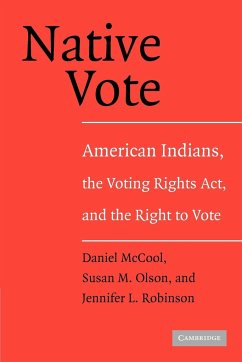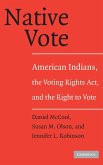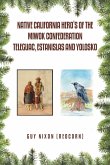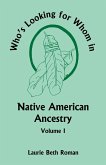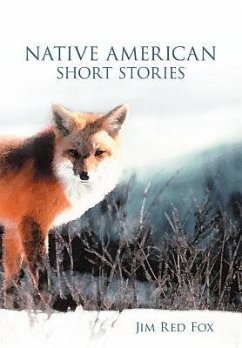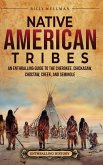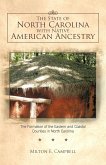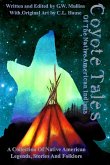This book explains the history and expansion of voting rights for American Indians.
The right to vote is the foundation of democratic government; all other policies are derived from it. The history of voting rights in America has been characterized by a gradual expansion of the franchise. American Indians are an important part of that story but have faced a prolonged battle to gain the franchise. One of the most important tools wielded by advocates of minority voting rights has been the Voting Rights Act. This book explains the history and expansion of Indian voting rights, with an emphasis on seventy cases based on the Voting Rights Act and/or the Equal Protection Clause. The authors describe the struggle to obtain Indian citizenship and the basic right to vote, then analyze the cases brought under the Voting Rights Act, including three case studies. The final two chapters assess the political impact of these cases and the role of American Indians in contemporary politics.
Table of contents:
1. From vanishing American to Voter: The Enfranchisement of American Indians; 2. On Account of Race or Color: The Development of the Voting Rights Act; 3. A Milestone on the Reservation: the Voting Rights Act comes to Indian Country; 4. Niha Whol Zhiizh (It's Our Turn): Indian Voting; 5. Going to Court for a Seat at the Table: Fort Belknap versus Blaine County; 6. Lakotas in the Legislature: The Bone Shirt Case; 7. A Fair Opportunity: The Impact of the Voting Rights Act; 8. From Extermination to Electorate: Indians in American Politics.
The right to vote is the foundation of democratic government; all other policies are derived from it. The history of voting rights in America has been characterized by a gradual expansion of the franchise. American Indians are an important part of that story but have faced a prolonged battle to gain the franchise. One of the most important tools wielded by advocates of minority voting rights has been the Voting Rights Act. This book explains the history and expansion of Indian voting rights, with an emphasis on seventy cases based on the Voting Rights Act and/or the Equal Protection Clause. The authors describe the struggle to obtain Indian citizenship and the basic right to vote, then analyze the cases brought under the Voting Rights Act, including three case studies. The final two chapters assess the political impact of these cases and the role of American Indians in contemporary politics.
Table of contents:
1. From vanishing American to Voter: The Enfranchisement of American Indians; 2. On Account of Race or Color: The Development of the Voting Rights Act; 3. A Milestone on the Reservation: the Voting Rights Act comes to Indian Country; 4. Niha Whol Zhiizh (It's Our Turn): Indian Voting; 5. Going to Court for a Seat at the Table: Fort Belknap versus Blaine County; 6. Lakotas in the Legislature: The Bone Shirt Case; 7. A Fair Opportunity: The Impact of the Voting Rights Act; 8. From Extermination to Electorate: Indians in American Politics.

